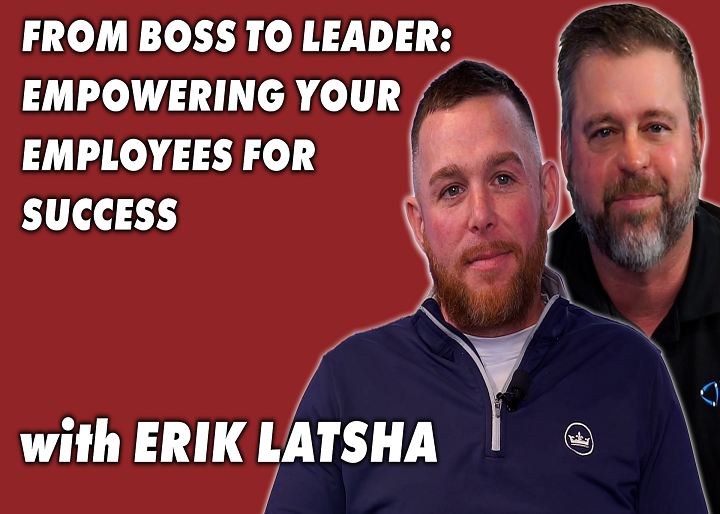Home-buying costs could soar 22% if US defaults on its debt
A debt default is very unlikely, but new scenario projections from Zillow show sales would decrease sharply as mortgage costs balloon The U.S. government defaulting on its debt, which could become a reality as soon as June 1 without intervention, could send the typical cost of a mortgage soaring by 22%. Mortgage rates rising above 8% would likely overwhelm a small price dip to make affording a home an even steeper hill to
Read More











